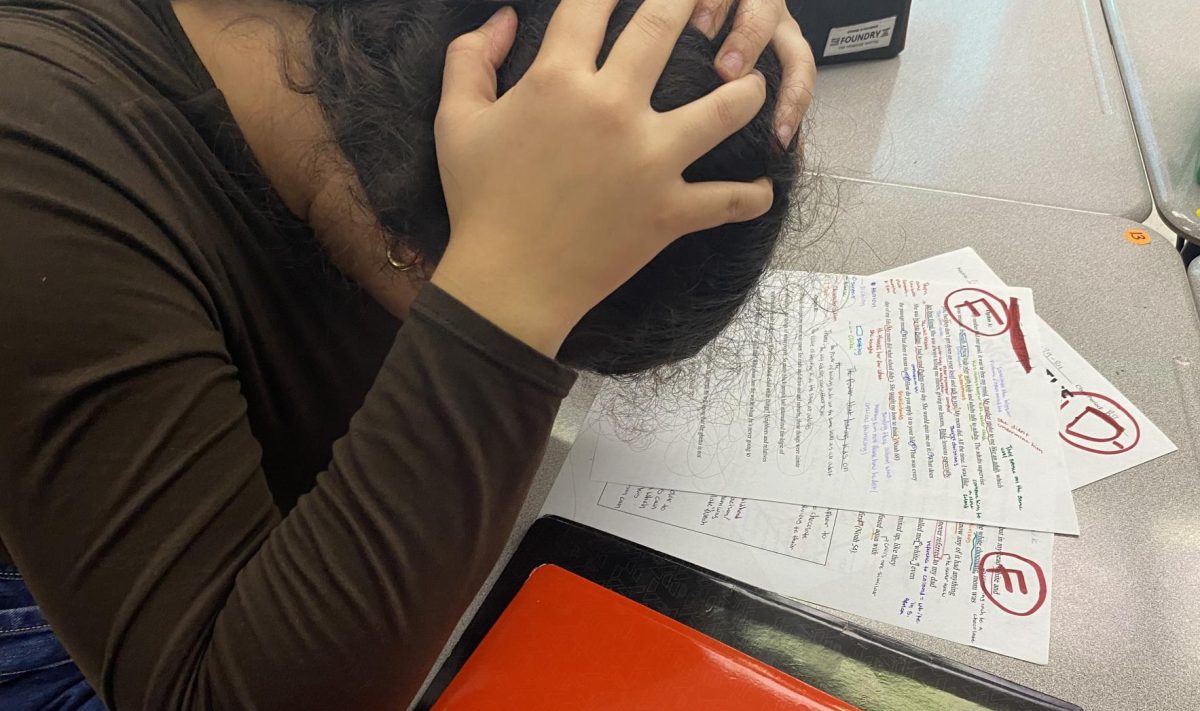Bombs exploding. James Bond-style spies. Covert missions. Living a double life.
If you’re anything like sophomore Samah Faris, this is what you think of when someone mentions the CIA. “[People think of] secretive missions, guys in suits sneaking around, and spies undercover,” said Faris. Many AHS students assume that a life with the CIA is a glamorous and dangerous one, like those portrayed in movies, but they don’t consider the life of people off-screen: the everyday men and women who make a living with the CIA; In fact, they may not even know what the CIA really is or what it does.
“I don’t think a lot of kids know anything about [the CIA],” sophomore Emi Weddle said. “I think more students would consider [a career in the CIA] if they knew more about it.”
CIA stands for the Central Intelligence Agency. In this case, intelligence isn’t referring to an IQ, but to information about foreign governments, their plans, capabilities, and activities. The CIA’s main job is collecting and analyzing this information. When foreign intelligence is needed, a plan is made to acquire it. Next, it is collected, processed, and analyzed. Finally, it goes to the President of the U.S.A., the National Security Council, and other U.S. organizations and policymakers that work with national security.
This process may sound simple, but it requires thousands of diligent workers in all different work areas, ranging from accounting and human resources to engineering and intelligence analysis. Employees can come from a wide range of college degrees and there are employment opportunities for many different fields of study.
The CIA also has positions for those who are proficient in a second language. Just a few of the languages sought are Arabic, Turkish, Spanish, Russian, Urdu, and Chinese. Employees may even receive a bonus of up to $35,000 per individual for their ability in a foreign language. A Corporate Language Program assists staff in maintaining their foreign language proficiency.
Starting salaries for Agency employees can vary significantly depending on expertise and position. However, like most federal Agencies, the majority of college graduates who start work with CIA probably have starting salaries between $40,000 and $50,000 per year. As with any federal government organization, CIA employees also receive other benefits such as paid time off, alternative work schedules and hours, health and life insurance, fitness and recreation programs, education and training, career transition plans, and the Federal Employee’s Retirement System, among others.
Perhaps one of the most notable benefits for students is the Agency’s Student Loan Repayment Assistance Program (SLRAP). This program helps CIA employees repay student education loans they initiated before their employment with the Agency. (The official CIA website defines eligible loans as “(1) Loan institutions insured or guaranteed by the U.S. Government, the District of Columbia government, a state or U.S. territory, or those insured or guaranteed by a bona fide educational institution attended by the employee seeking reimbursement; (2) U.S. commercial institution loans expressly and exclusively for the purpose of funding, in whole or in part, educational costs.”) In order to participate in the program, employees must sign a yearly agreement to work a specified number of years with the CIA.
“I think that is a great way for their younger employees to work for the CIA and pay off their loans,” senior Andrew Riddle said.
The CIA is more than a career: it is an opportunity to work alongside some of the most influential people in the country. Employment with the CIA means the chance to be involved in worldwide events as they unfold and to protect and further the U.S.A. and its interests in response to those events. When you consider a future with the CIA, you consider a future of service to your country.









